Team
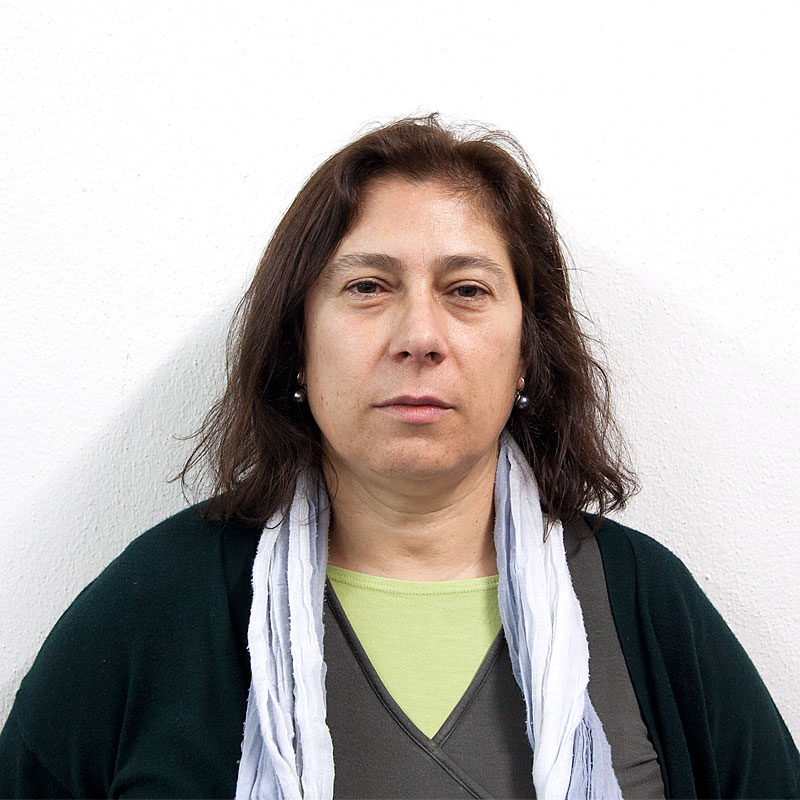
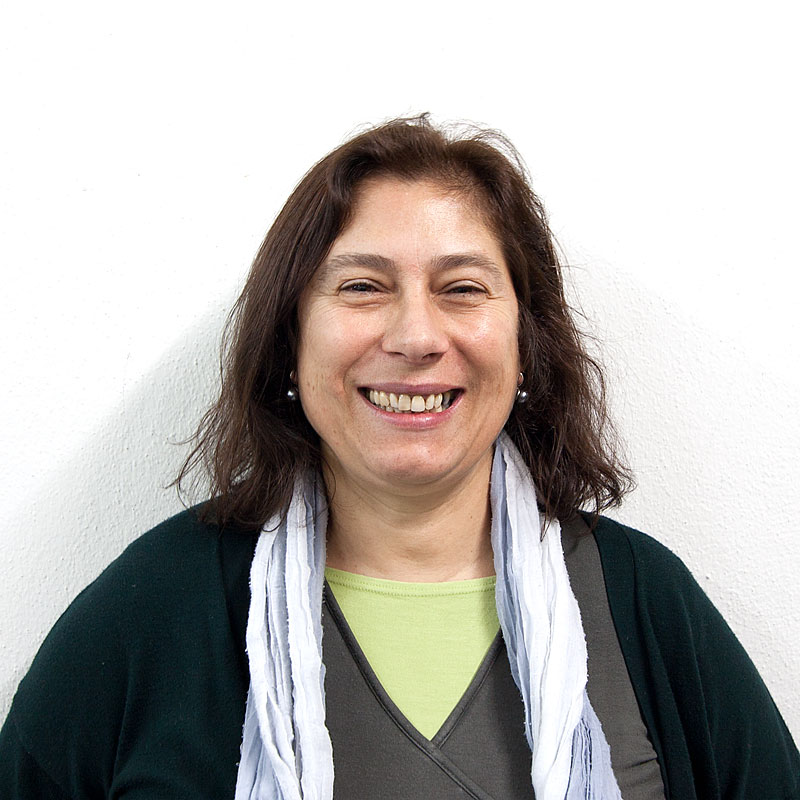
COORDINATOR
FLORA
Anabela Belo
She has a PhD in Biology from the University of Évora, where she also teaches Botany and Plant Diversity Conservation. She contributes to LIFE_LINES project with her expertise in plant diversity conservation, namely in seed conservation, since she is responsible for the establishment of a seed bank that begun with a collection of seeds from species of Portuguese Mediterranean Temporary Ponds. Her R & D activities are focused on the conservation and valorization of native flora, particularly in agro-ecosystems such as olive groves or montado, and on the effect that vegetation management can have on the conservation of soil, water and biodiversity.
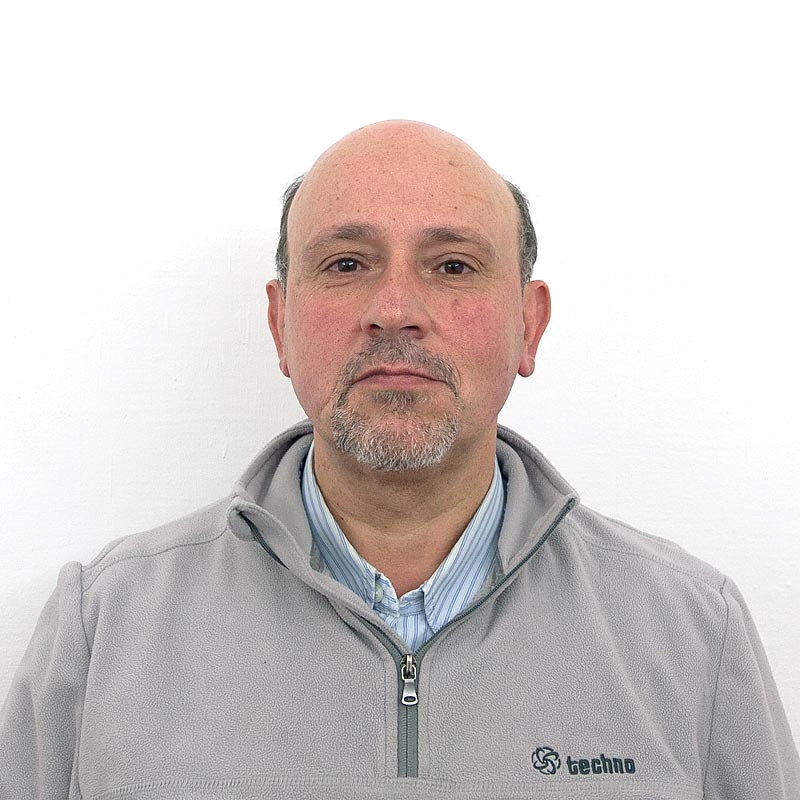
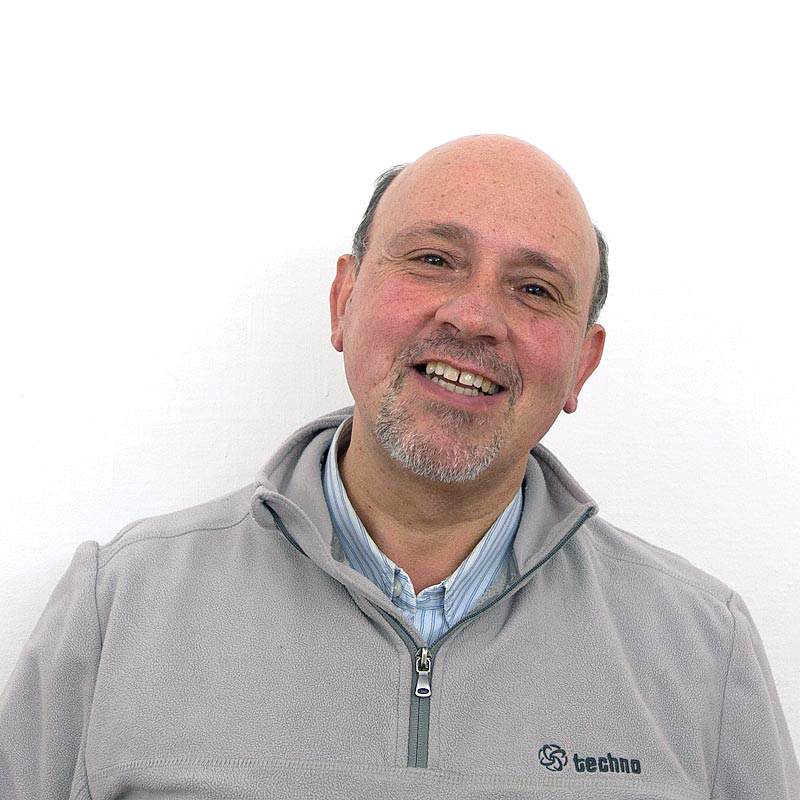
PROJECT COORDINATOR
GIS AND MODELLING COORDINATOR, MAMMALS AND BIRDS
António Mira
PhD in Biology (Ecology branch and Biosystematics) from the University of Lisbon. In 1997 joined the Department of Biology at the University of Évora where he teaches conservation biology, natural resources management, road ecology and mammalogy. He is the head of the Conservation Biology Unit. He is a researcher of the Applied Population and Community Ecology Group at the "Research Network on Biodiversity and Evolutionary Biology". In this Associated Lab develops the research is focused in the fields of landscape connectivity, habitat fragmentation, metapopulation conservation and evaluation/mitigation of the impacts of linear infrastructures.
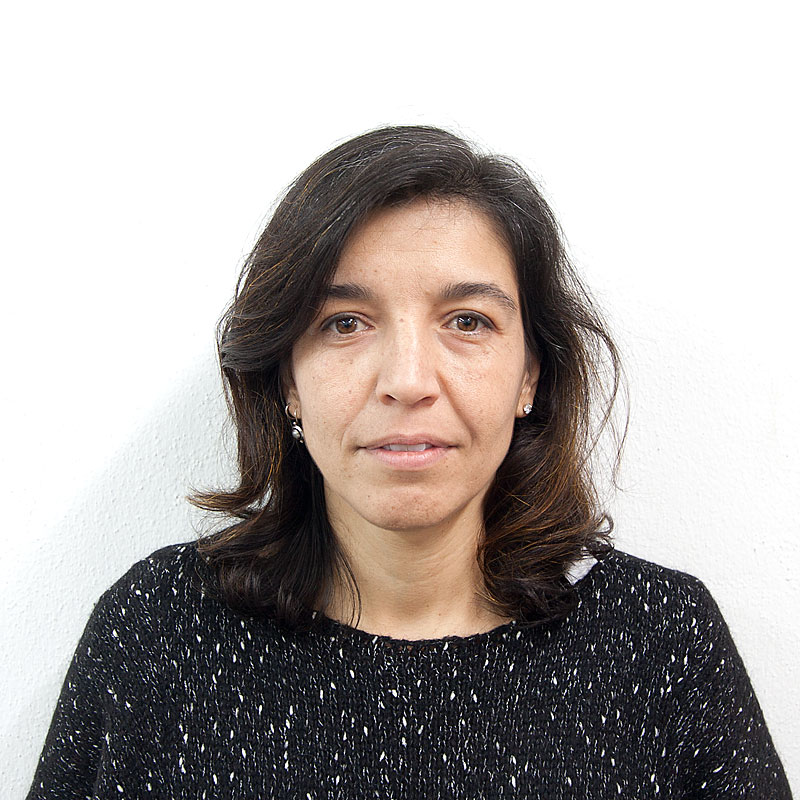
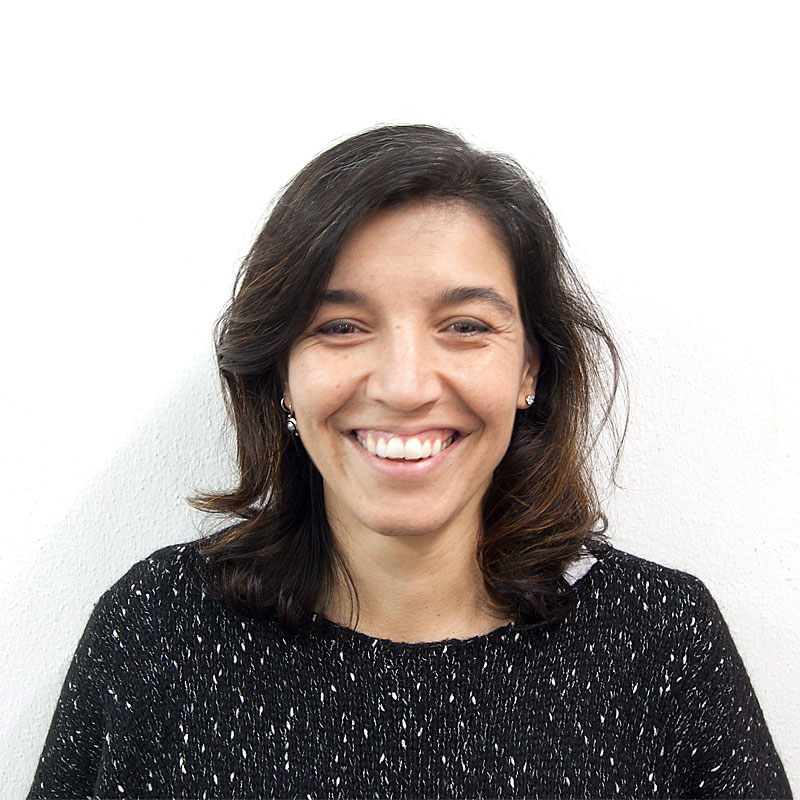
COORDINATOR
HABITATS
Carla Pinto Cruz
PhD in Biology, from the Technical University of Lisbon. She is Professor at the Biology Department - Évora University - since 1997, and member of the Instituto de Ciências Agrárias e Ambientais Mediterrânicas (ICAAM). Curator of the herbarium in the University of Évora (UEVH), since 2002. In the past years her research activity has been focused on conservation biology, dynamics and ecology of Mediterranean plant communities, particularly in conservation and restoration of Mediterranean temporary ponds. Currently has the scientific coordination of the project the LIFE Charcos (LIFE12 NAT/PT/000997), which aims the conservation and restoration of the priority habitat - Mediterranean temporary ponds.


COORDINATOR
INVERTEBRATES
Diogo Figueiredo
He is a full Professor at the University of Évora, where he teaches Biological Sciences and holds the Chair of Entomology. Among his wide range of interests, he would like to emphasize the following subjects: Conservation of Invertebrates, Ecology and Management of Wildlife. He was twice vice-principal for academic and research matters at this same institution. Since 2006, he has been responsible for the relations between PALOP´s (African countries with Portuguese as the official language) and the University of Évora. Currently, he is developing several projects in Africa in the areas of Conservation and Environment, and he is the Head Director of the Centre for Studies and Scientific Research of the Methodist University of Angola (local university).


TECHNICIAN
GIS/MODELLING/DATABASE
Tiago Pinto
Degree in Biology and a MSc in Ecology, both by the University of Coimbra. Has special interest in the scientific areas of herpetology (study of reptiles and amphibians) and ecological modelling. His MSc thesis focused in the effect of wildfires in the reptile communities of the Serra da Estrela Natural Park. Previously was a technician in an environmental impact study of a railway, with particular emphasis on habitat fragmentation and landscape connectivity. Has also been collaborating in studies with reptile species from Europe and South America. His main hobby is wildlife and landscape photography. In this project, as a modelling, GIS and database technician, the responsibilities are: managing all the databases associated with the project, all the work with GIS and giving support to all the other parts of the project.
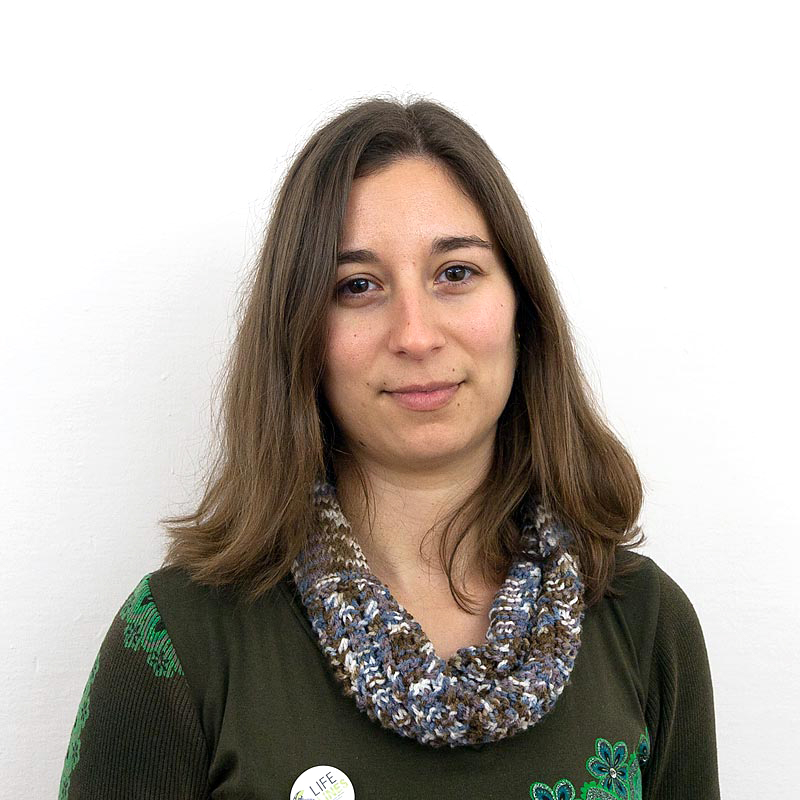
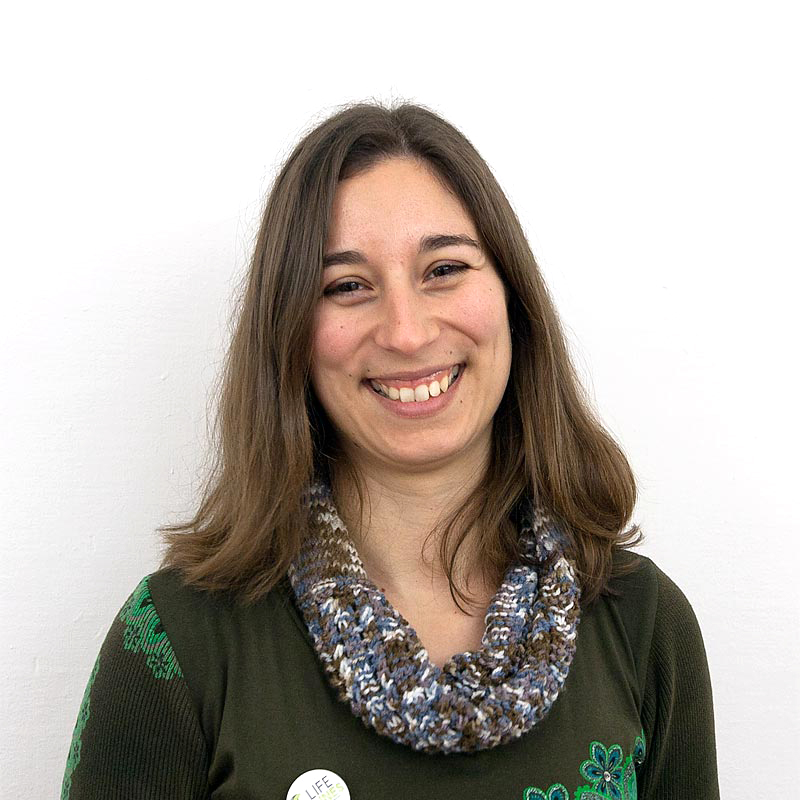
COORDINATOR
FINANCIAL MANAGEMENT
Liliana Rosmaninho
Degree in Computer Science and Management and Postgraduate in Accounting and Auditing from the University of Évora. In 2008 joined the University of Evora where has developed tasks of administrative and financial management of research projects, technical functions within the public accounting and use of the administrative and financial management support software and computer maintenance of a information system to disseminate relevant information to service users. Has experience in national and international projects, namely, the Foundation for Science and Technology, FP7, H2020, LIFE, QREN, Lifelong Learning, Erasmus Mundus. In this project was responsible for the financial management.
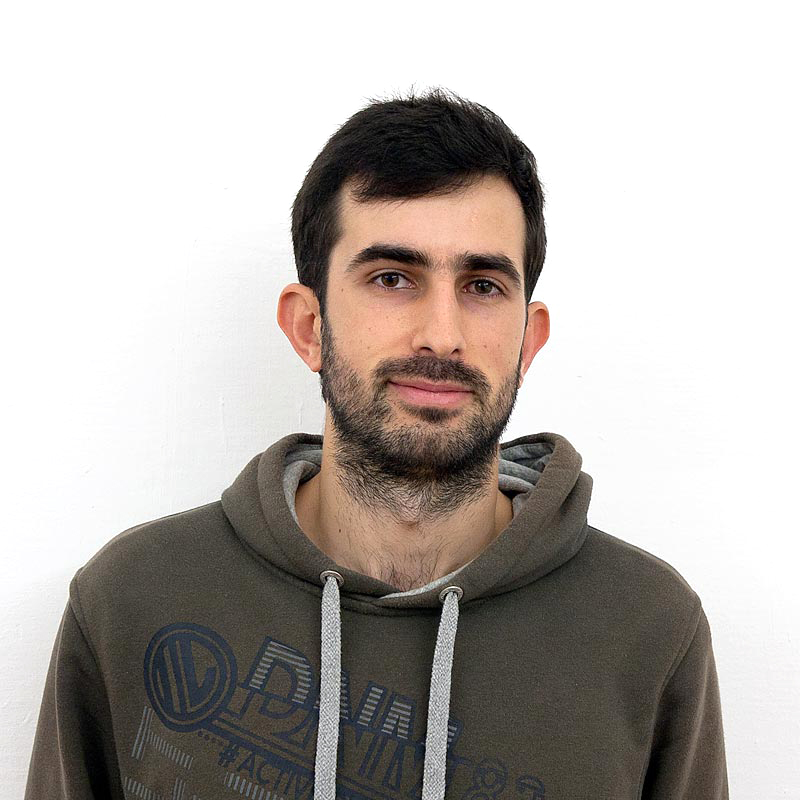
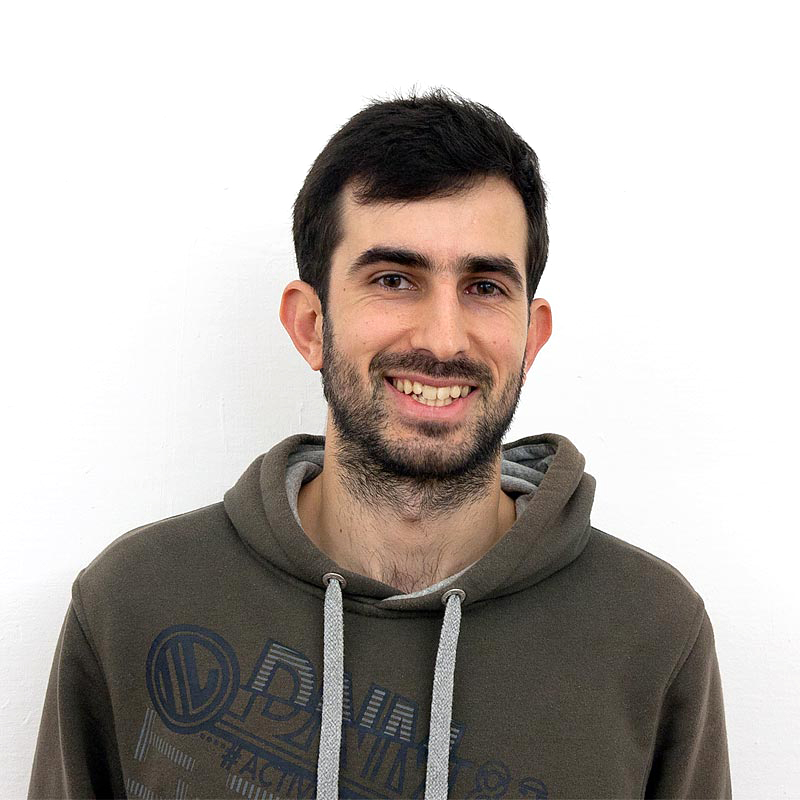
TECHNICIAN
FAUNA-AMPHIBIANS
Luís Guilherme Sousa
Holds a degree in Biology and a Master degree in Conservation Biology both by the University of Évora. Has been working with the sampling, investigation and conservation of the Portuguese fauna (mostly amphibians and reptlies). Previously got a scholarship in the Project LIFE+ “Conservation of Temporary Ponds in the Southwest Coast of Portugal”. His main hobby is identify and photograph the biological diversity of Portugal. In this project he is responsible for the amphibian samplings and for the development and implementation of mitigation measures to reduce their mortality on roads. Also he will give support in all the other parts of the project.
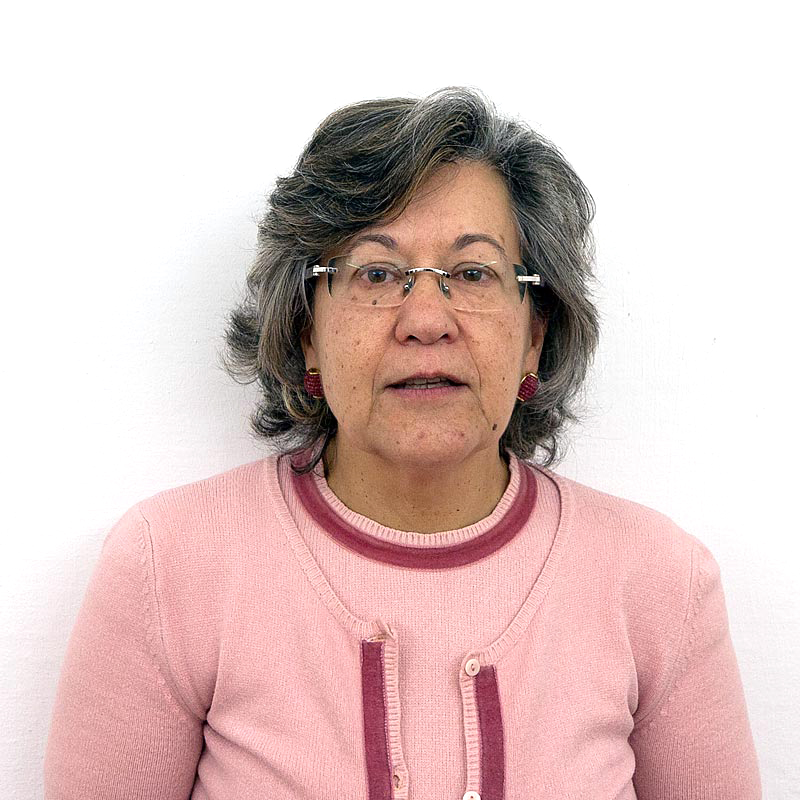
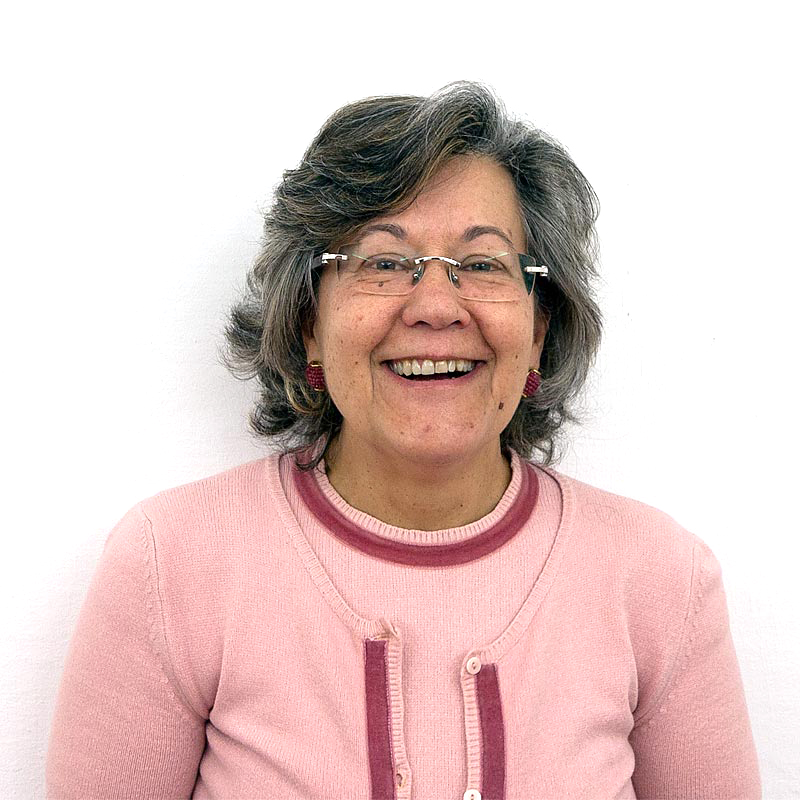
COORDINATOR
FLORA
Maria Paula Simões†
Passed away during the project. Assistant Professor. Holder of a PhD in Biology from the University of Évora, where she develops her teaching and research activities. She teaches in the Department of Biology, is member of the Master in Conservation Biology Committee and the head of the Plant Biology Lab. She is a researcher and deputy director of the Institute of Mediterranean Agricultural and Environmental Sciences - ICAAM – and the head of the Botany Lab. She develops her teaching and research activities in the areas of Plant Diversity, Flora and Vegetation Conservation and Plant Ecophysiology, regarding the preservation of ecosystems natural value and ecointegrity, including Iberian agro-ecosystems, like the montado. She participates in the project LIFE_LINES mostly by planning, implementing and monitoring the promotion and conservation of flora and vegetation.
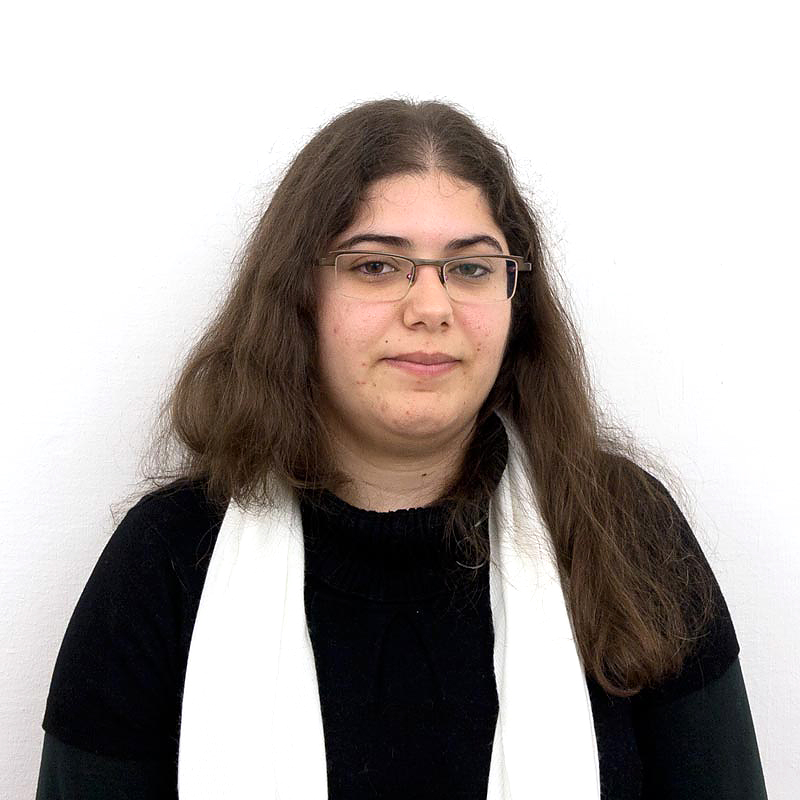
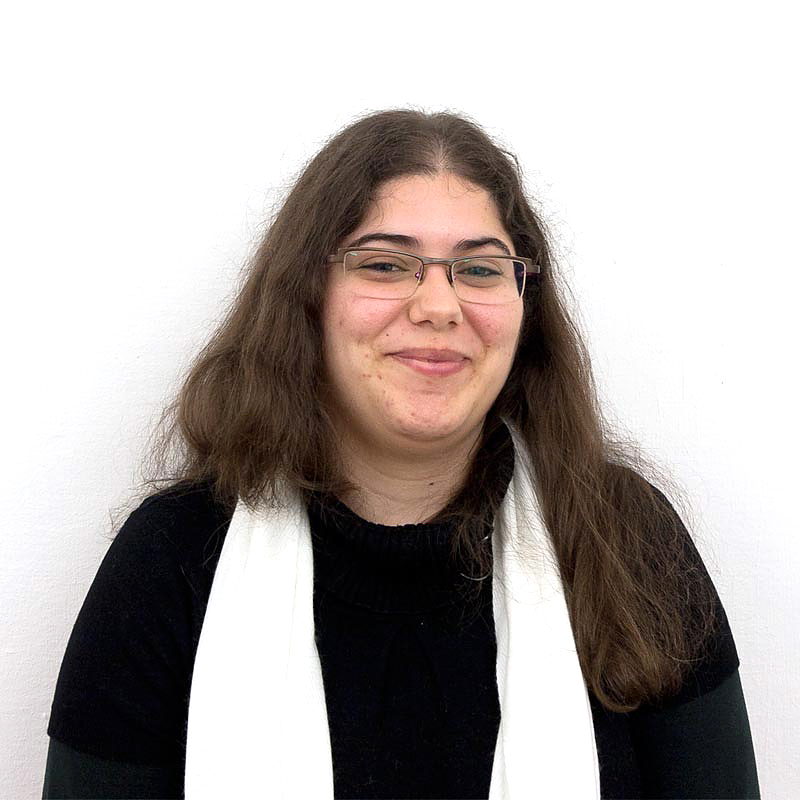
TECHNICIAN
FLORA
Mariana Fernandes
Degree in Biology and master in Conservation Biology from University of Évora. The thesis was about “Conservation Status Assessment of Mediterranean Temporary Ponds of the Sítio Costa Sudoeste” and it was based on pond's flora diversity. In this project, as a fellowship research, she has supported and integrated the team responsible for the flora component.
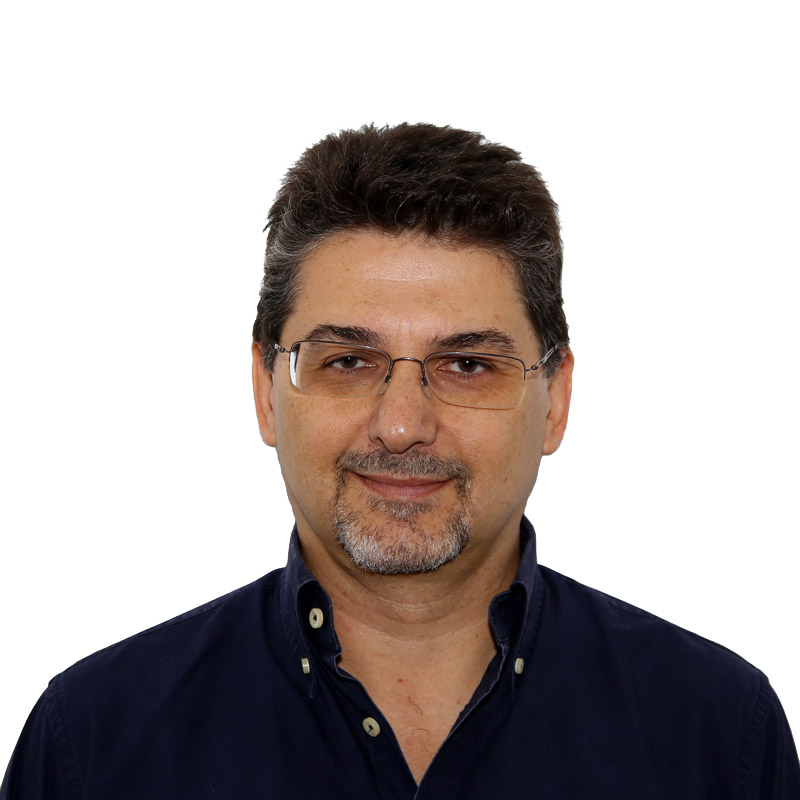
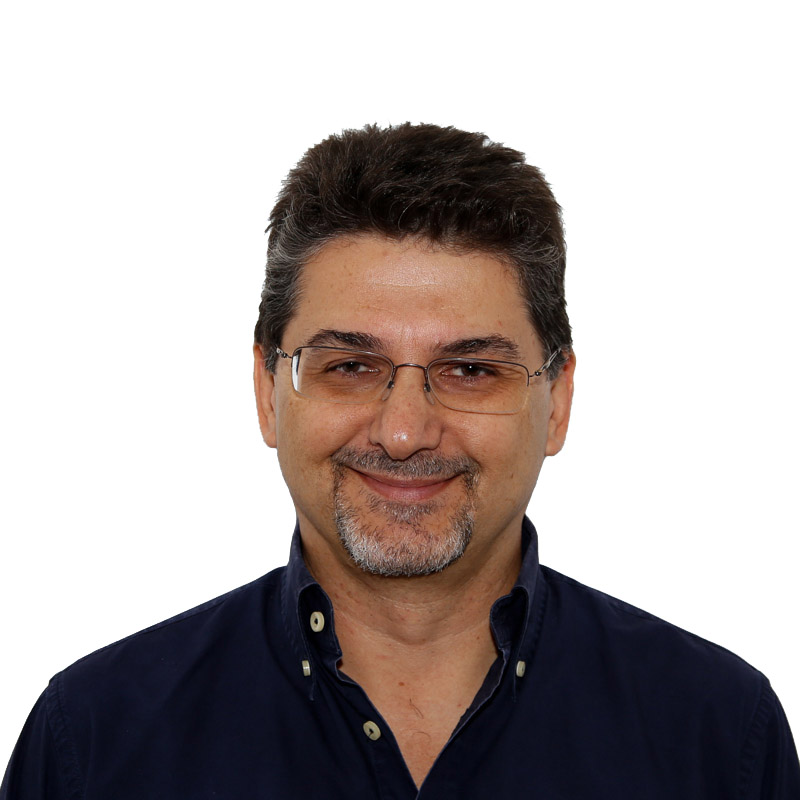
MANAGER
Nuno Pedroso
PhD in Biology (Ecology) from the University of Lisbon and Master in Environmental Policy and Management from the Faculty of Science and Technology (Universidade Nova de Lisboa). Has worked in ecology and conservation of mammals, in the influence of the anthropic environments in fauna ecology and adaptation, especially in aquatic environments. Has an interest in environmental policy and impacts on biodiversity and conservation, and has been involved in several conservation projects, including several Life Projects. Currently, is a Researcher at MED – Mediterranean Institute for Agriculture, Environment and Development, in the University of Évora, and has been up until recently the LIFE LINES project manager. Now is a collaborator for the project management area.
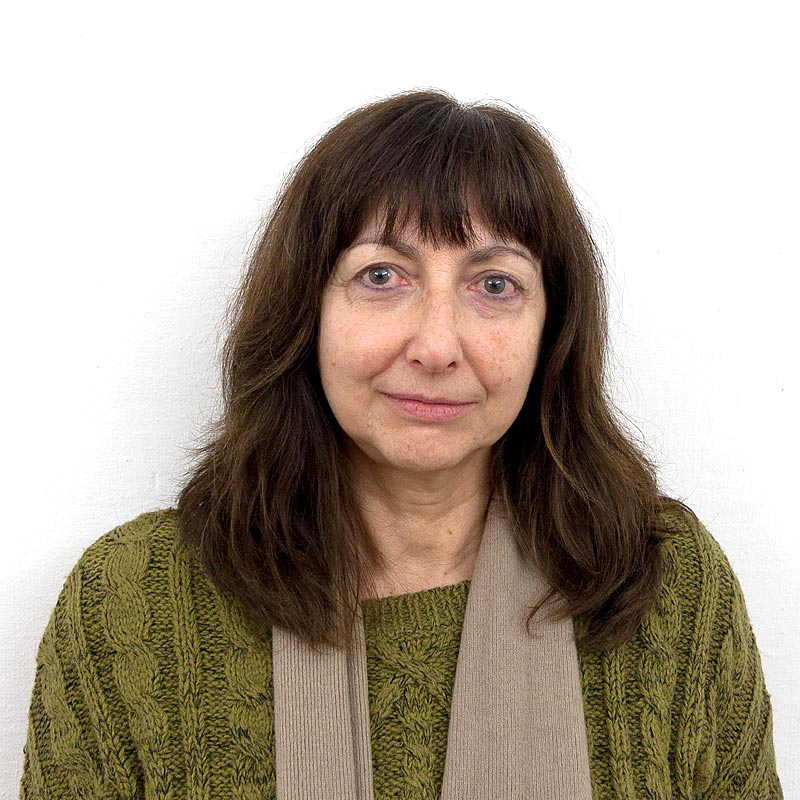
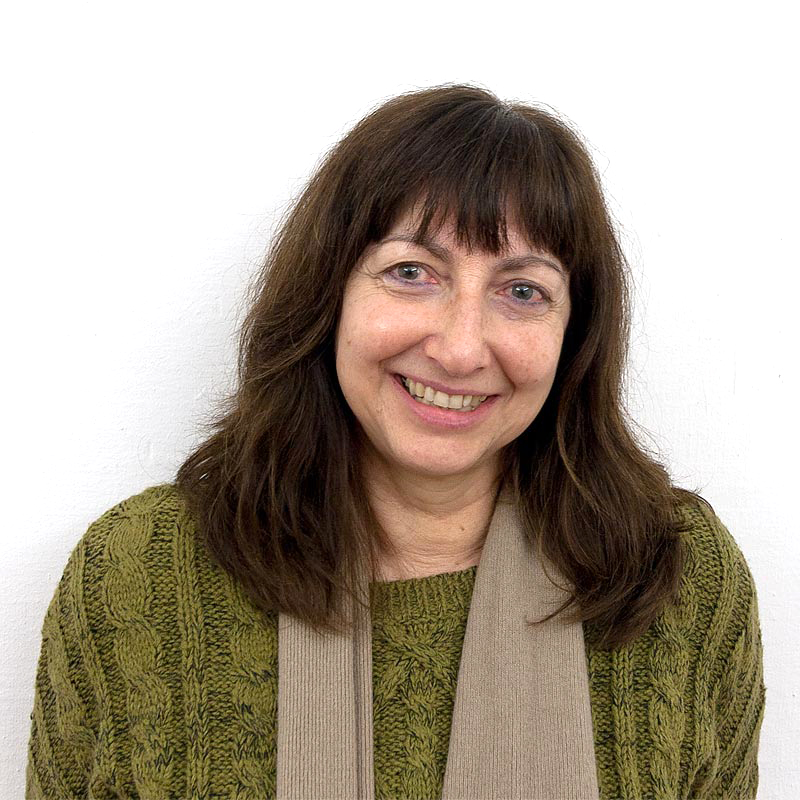
FIELD TECHNICIAN
INVERTEBRATES
Otília Miralto
Holds a MSc in Management of Biological resources from the University of Évora (2000) with specialization in entomology. At 2003 she became a Superior Technician in the Department of Biology from the University of Évora where has collaborated as researcher with teams in sensible areas from stone exploration (SECIL Outão, SECIL Maceira/Pataias), dams (Alqueva and Pedrógão) and Natura 2000 Network sites (Serra de Monfurado e Serra da Arrábida). In those projects she developed work in the monitorization of marcoinvertebrates communities mostly about “Ropalóceros”, Carabidae and Odonata.
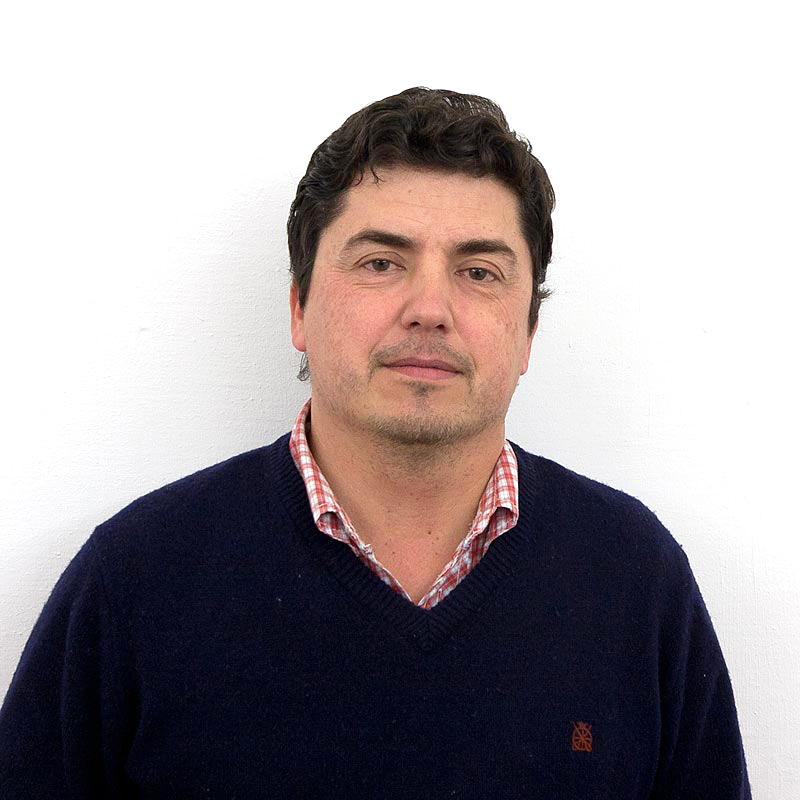
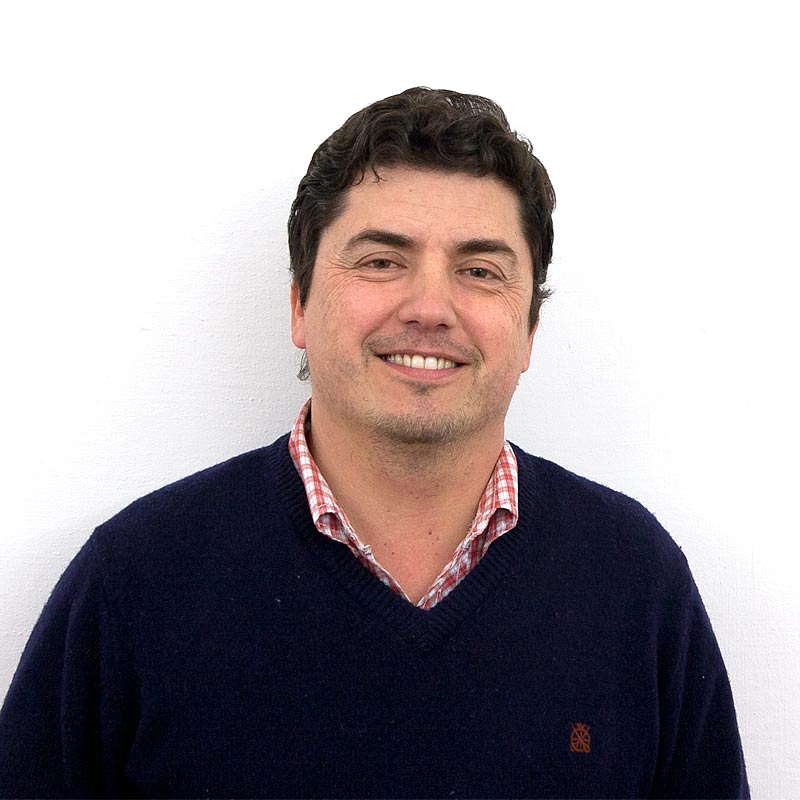
COORDINATOR
AMPHIBIANS
Paulo Sá Sousa
Professor in the Biology Department of the University of Évora. Founding member of the Portuguese Society of Herpetology. Member of the Research Group ‘Applied Ecology of Populations and Communities’ of the Institute of Mediterranean Agricultural and Environmental Sciences. In the last five years he has researched three main subjects: (1) Effects of grazing and agricultural/forestry activities on the composition of reptile communities. In particular, how the geckos change their micro-habitat use in response to the degradation of the shrubby cover; (2) Ecology of amphibians in Mediterranean Temporary Ponds. The aim is to create an ecological index based on the composition and relative abundance of the amphibian species that use the ponds; (3) Effects of roads on amphibian mortality. To study landscape and road characteristics that influence amphibian road-kills.
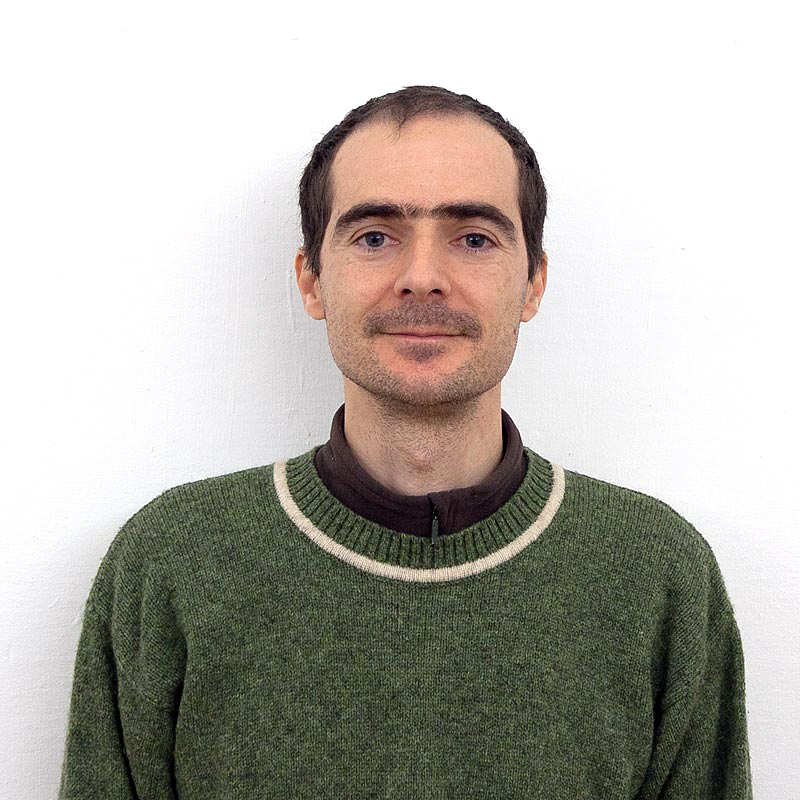
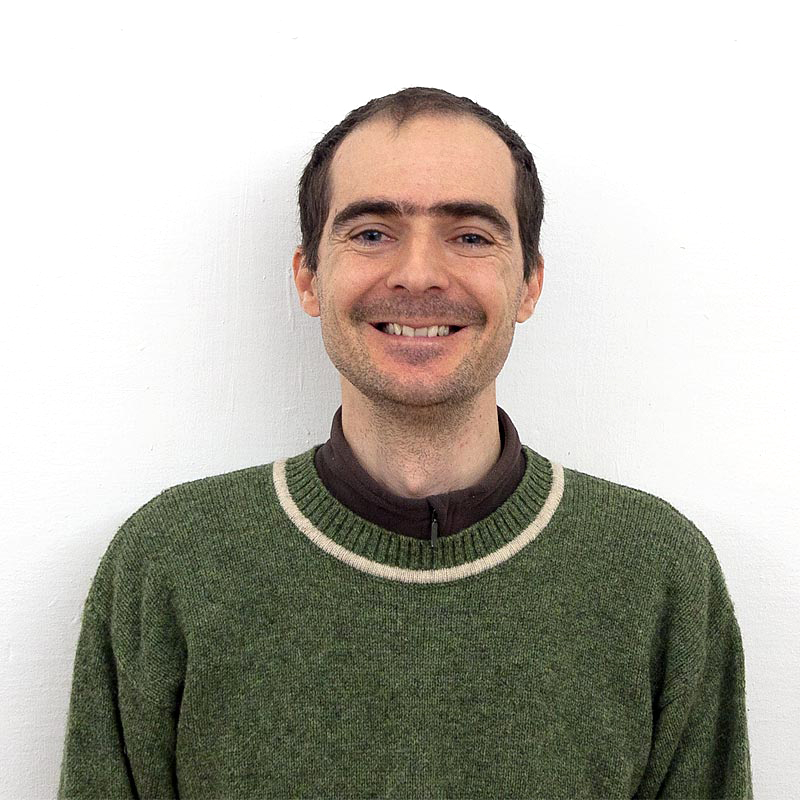
TECHNICIAN
BIRDS
Rui Lourenço
He has a degree in Zoology from the Faculty of Sciences of the University of Lisbon and a PhD in Biology from the University of Évora. He has worked with birds of prey, in research and conservation projects at Centro de Estudos da Avifauna Ibérica, University of Évora, and Doñana Biological Station (EBD-CSIC Spain), namely on the effect of roads and other infra-structures on birds of prey. Currently, he is a post-doctoral researcher at the Laboratory of Ornithology (LabOr) of Instituto de Ciências Agrárias e Ambientais Mediterrânicas (ICAAM, University of Évora), collaborating with EBD and the University of Turku (Finland). He is one of the coordinators of the Working Group on Nocturnal Birds of the Portuguese Society for the Study of Birds (GTAN-SPEA).
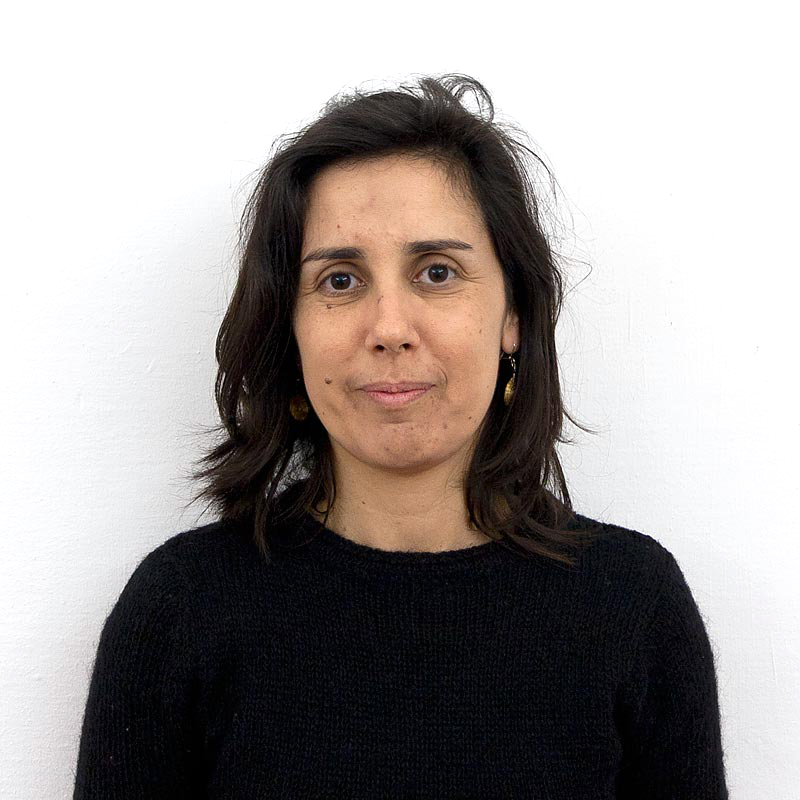
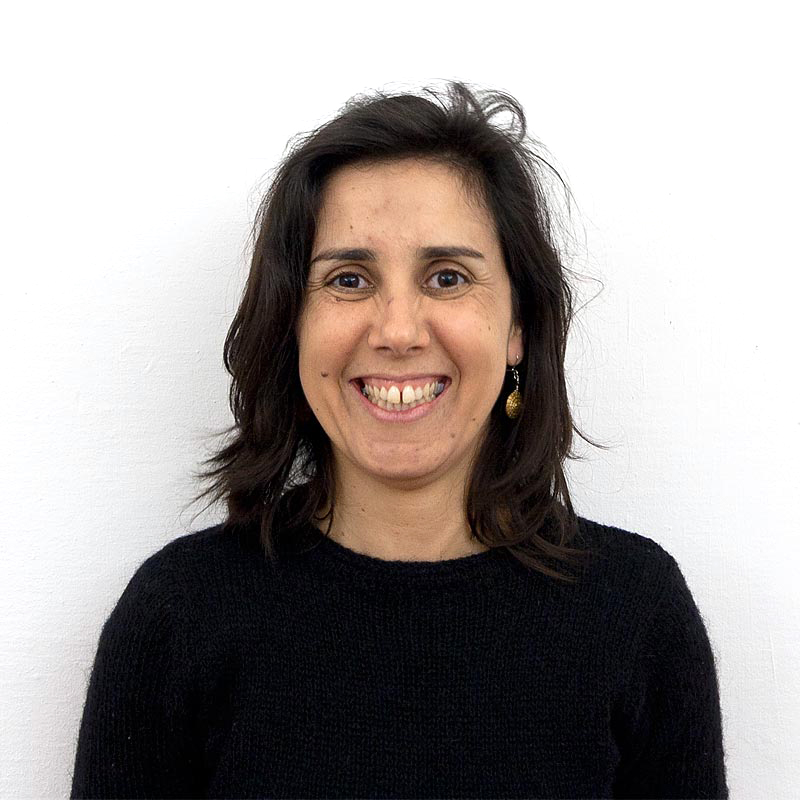
TECHNICIAN
MAMMALS AND BIRDS
Sara M. Santos
Holds a MSc in Conservation Biology from the University of Évora (2003) and a PhD in Biology (Ecology) from the University of Lisbon (2010). Some of hers initial work was about the spacial relation between roads and small mammals. At the present she is a PhD researcher in the “Research network in Biodiversity and Evolutive Biology” of the Applied Ecology Group, where she has been developing work about quantification methods and samplings of the mortality of fauna on roads and about changes in the connectivity of the landscape due to linear infrastructures.
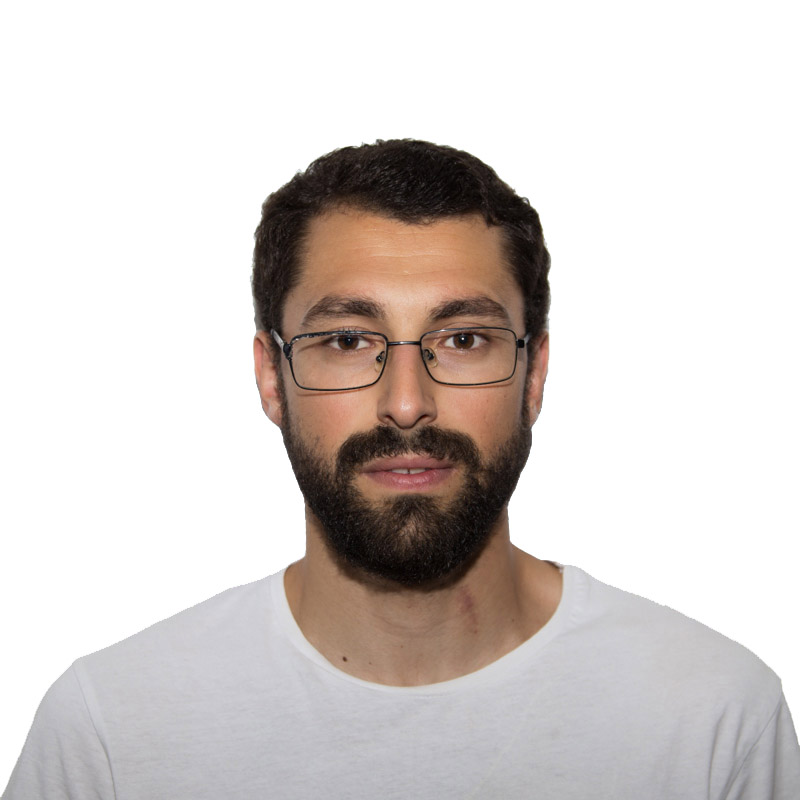
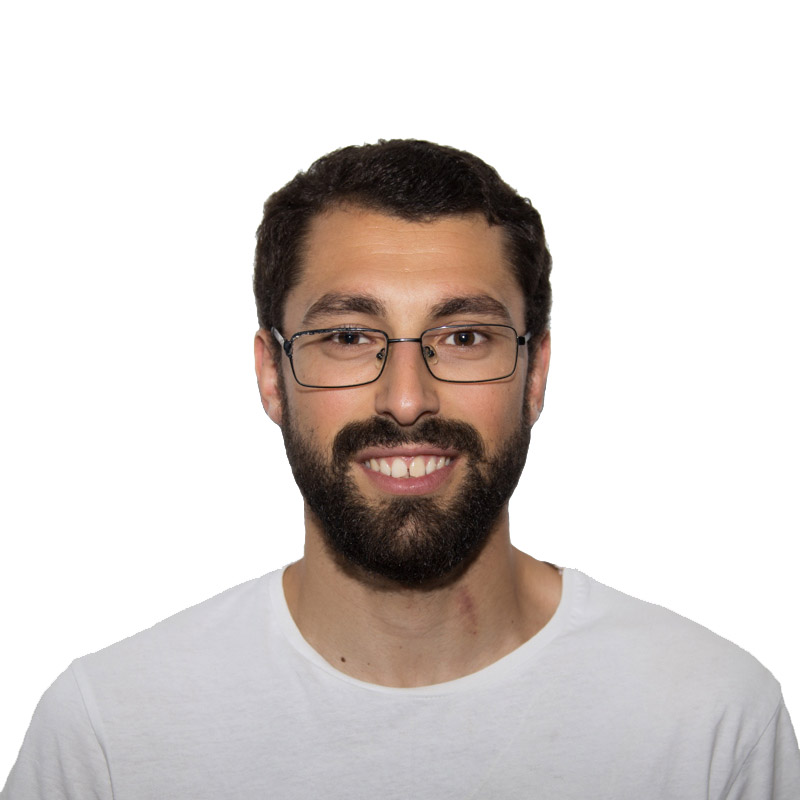
TECHNICIAN
MAMMALS
João Craveiro
Degree in Biology and a MSc in Natural Resources Management and Conservation, both by the Instituto Superior de Agronomia/School of Agriculture – University of Lisbon. Has special interest in the study of mammals, mainly carnivores. His MSc thesis focused on the factors influencing the use of road-crossing culverts by carnivores along three intermediate level traffic roads in Évora district, Portugal. In this project, he is responsible for the monitoring of culverts using video-surveillance. He also gives support in other parts of the project.
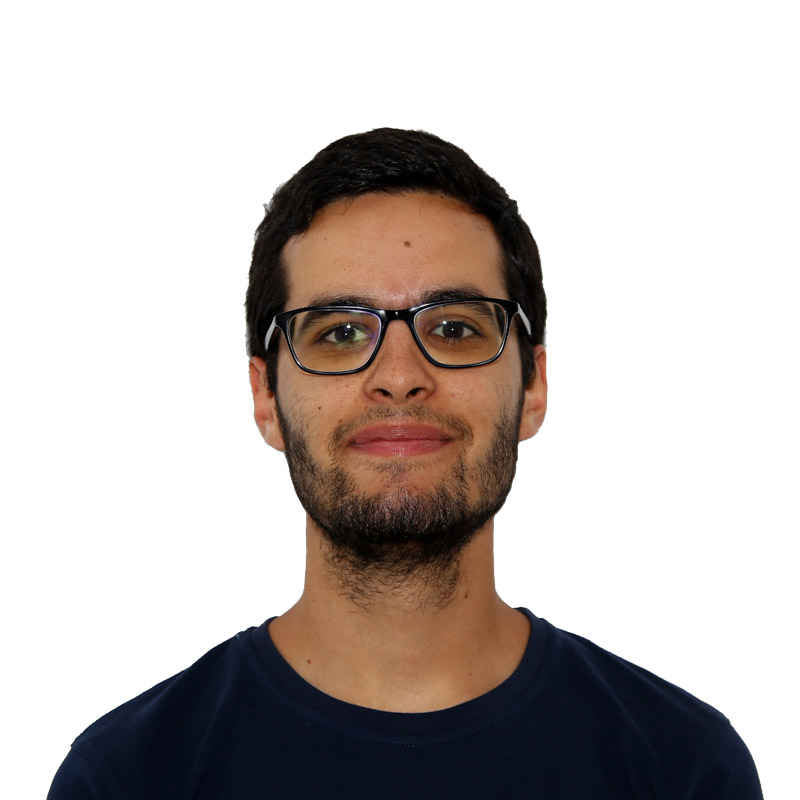
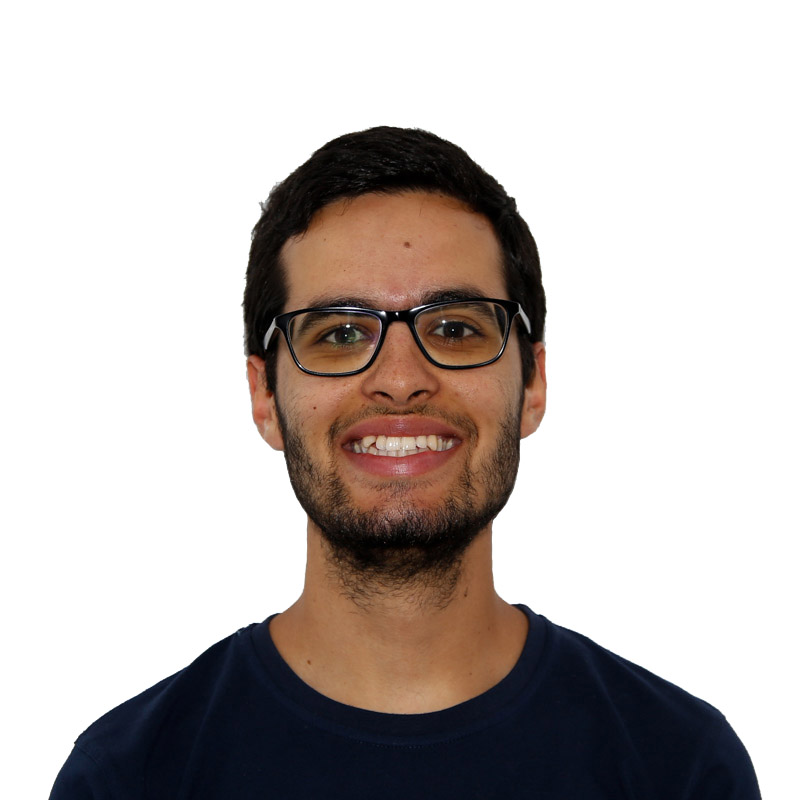
TECHNICIAN
MAMMALS AND BIRDS
André Oliveira
Degree in Biology and a MSc in Conservation Biology, both from the University of Évora. Has special interest in the investigation and conservation of fauna, especially of mammals and birds, and also in its interspecific relations. His master's thesis had as main objective to evaluate the stability of biological interactions in montado communities in face of changes in temperature and intensity of grazing. In this project is responsible for sampling micromammals, carnivores, passerines and nocturnal birds of prey, and monitoring mitigation measures. Also provides support for all work carried out in the project.
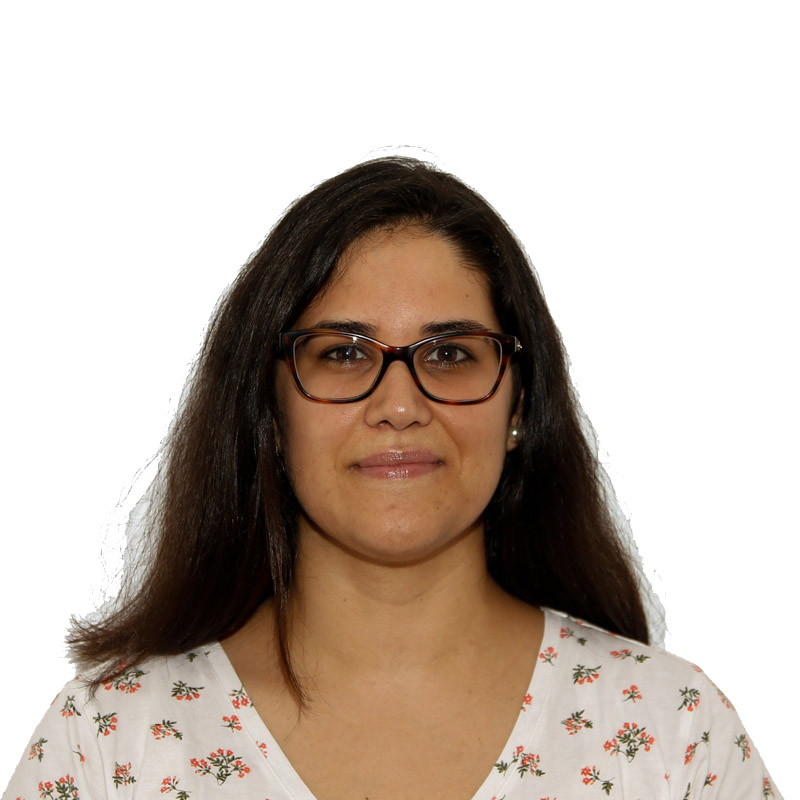
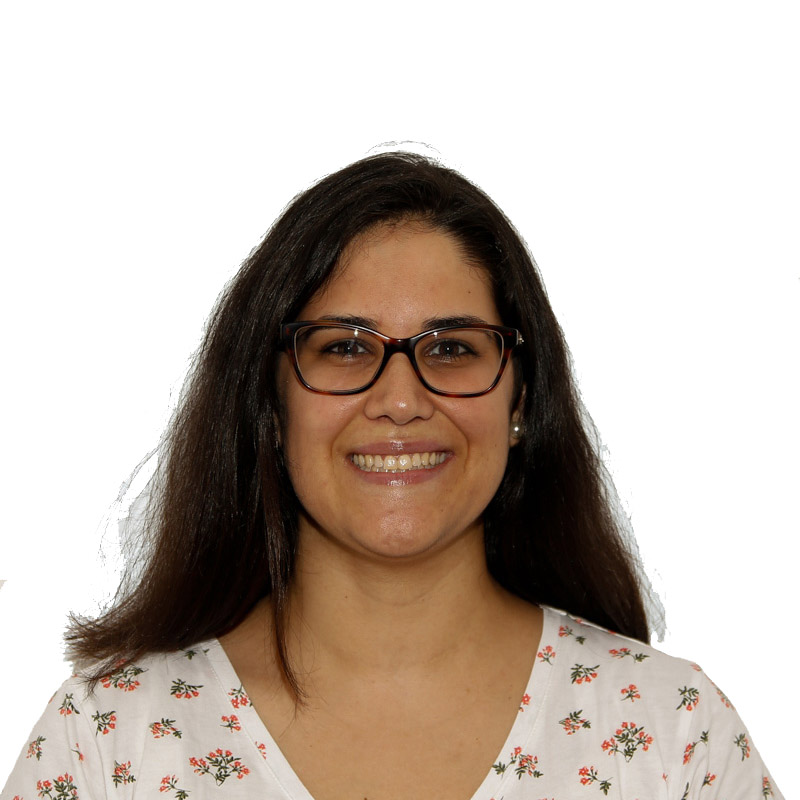
TECHNICIAN
COMMUNICATION
Sofia Eufrázio
Degree in Biology and a Msc in Conservation Biology by the University of Évora. In her Master thesis she studied the barrier effect of roads in small mammals. At her first job she was part of the monitoring plan of Cabrera vole during the construction of a highway in Baixo Alentejo. In last seven years she worked as a technician in a project related with ecological rehabilitation of quarries (SECIL-Outão and SECIL Maceira/Pataias). Through all of these years, in addition to the field work performed (sampling fauna) she also implemented several environmental education actions for the project dissemination (targeted for groups of several age categories) and participated on writing technical reports. She also had the opportunity to be part of the organization committee of an international conference and to produce material for the project dissemination. In the LIFE LINES project, as a fellowship of science and technology manager, she participated in the production and dissemination of contents, and promotion of project outputs activities.
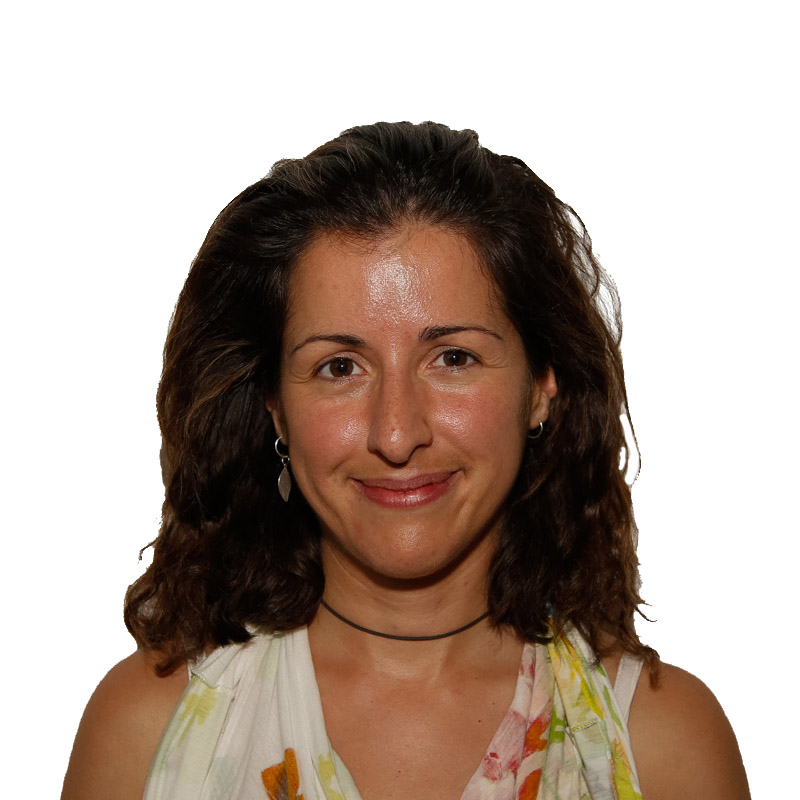
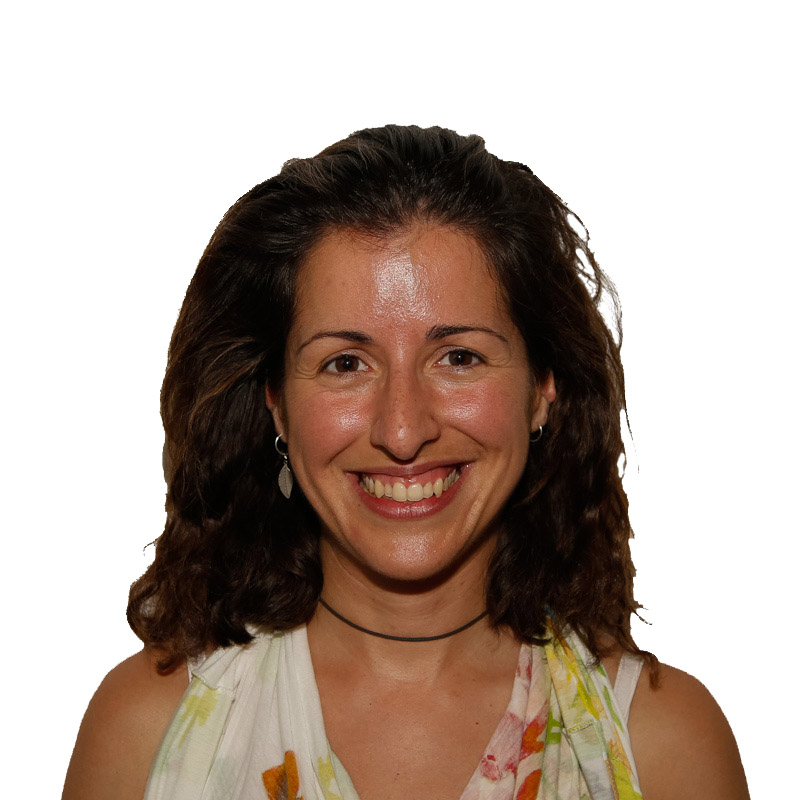
TECHNICIAN
FLORA
Erika Almeida
MSc in Conservation Biology, with a degree in Environmental Biology, both from the Faculty of Sciences, University of Lisbon. Has worked in several conservation and research projects in Portugal, including LIFE projects. Her experience in biology reflects several works with flora (inventory and monitoring of native plants, collecting and processing of seeds, research and lichen taxonomy studies), with fauna (research and conservation projects with some groups of vertebrates), and also with environmental interpretation projects. In the LIFE LINES project she was a member of the team responsible for the flora component, and also collaborated with the monitoring of roadkill fauna.
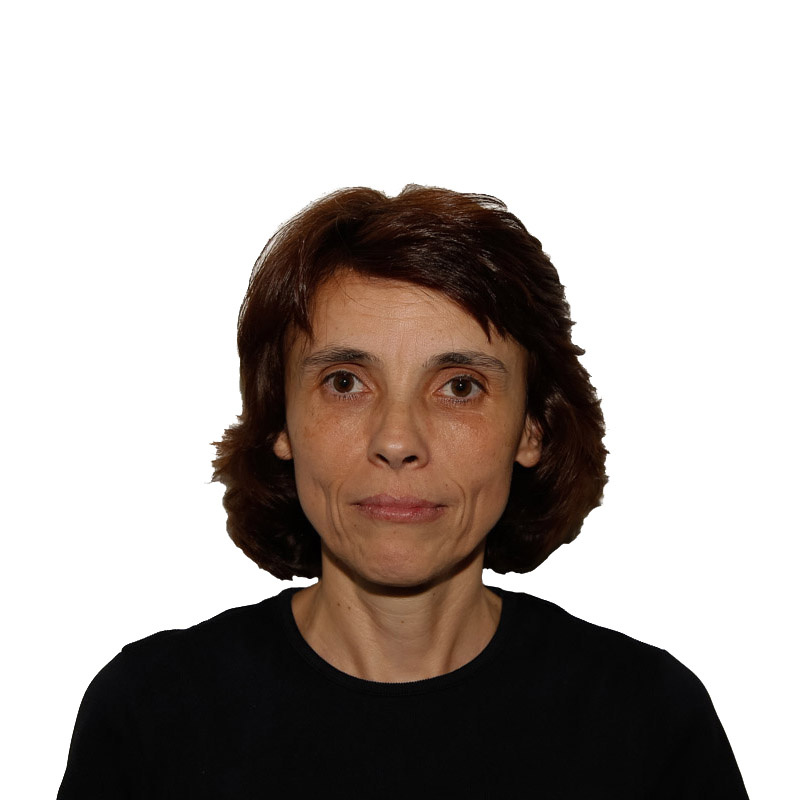
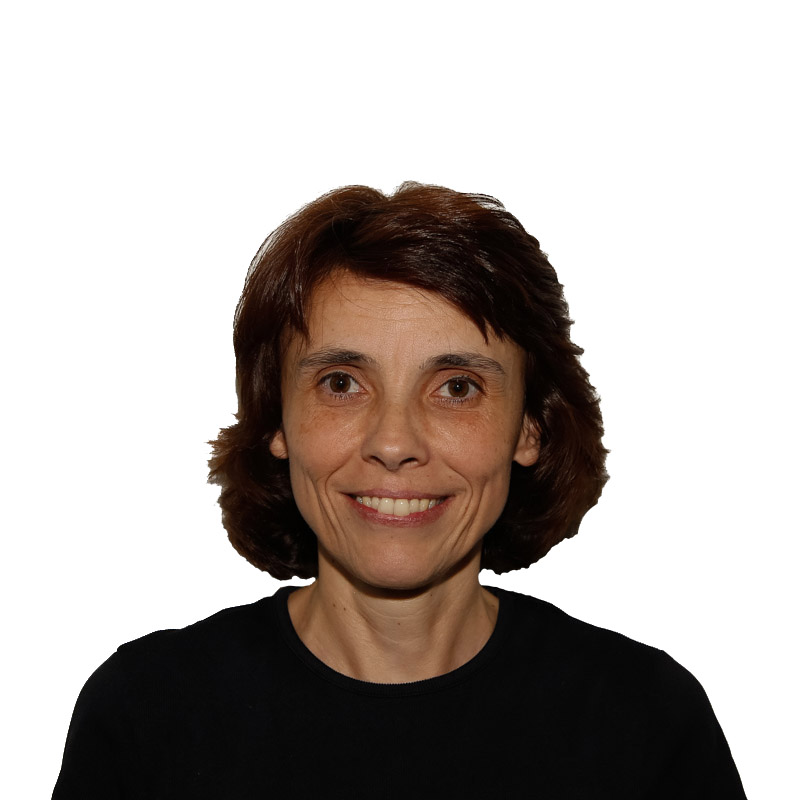
TECHNICIAN
FLORA
Paula Matono
PhD in Environmental Sciences by the University of Évora (2012). Have participated in several research projects in the scope of aquatic ecology in Mediterranean climate, and biodiversity conservation, namely in LIFE projects. The main research and interest areas include the study of the effects of natural and anthropogenic disturbances in the structure and functionality of ecosystems, rehabilitation, and environmental valorization. Currently, has a research fellow in the LIFE LINES project, being part of the team responsible for the Flora component.
